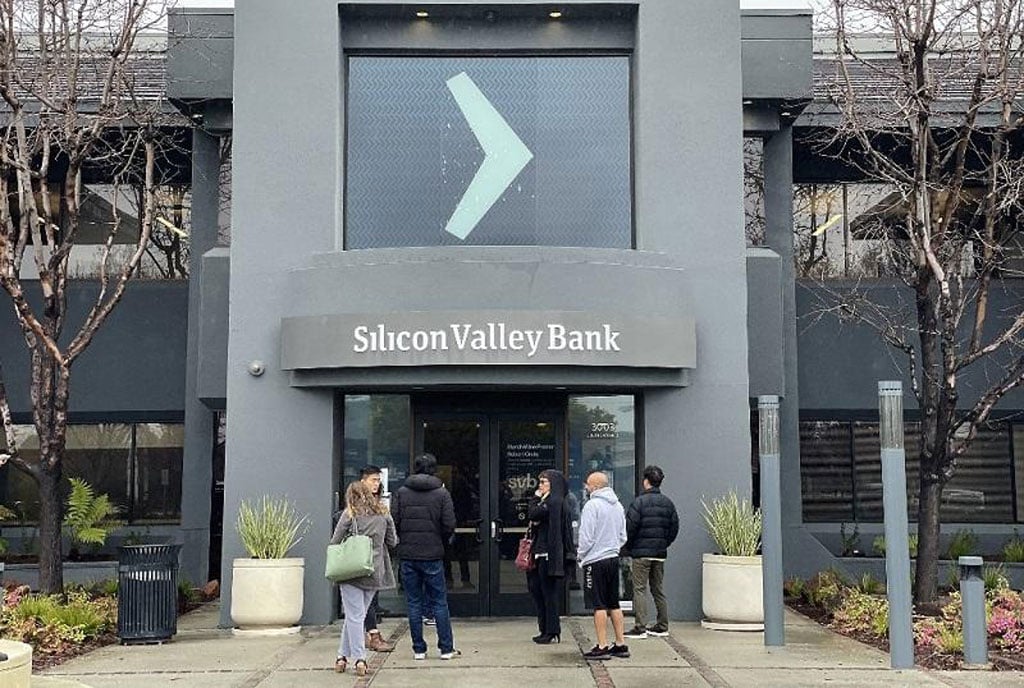Prime
How the Silicon Valley Bank collapse impacts auto industry

What you need to know:
A few automotive tech companies had tie-ups with Silicon Valley Bank.
You may have heard about Silicon Valley Bank’s collapse by now. News networks all over the world have reported on long lines of people waiting outside bank branches in a panic and hoping to withdraw every penny of cash in their accounts out of the fear they may lose it all. Silicon Valley Bank (SVB) held more than $200 billion in assets, but over the course of a weekend, it suffered the second largest bank collapse in history.
If you are wondering how a bank you probably have not heard of got so big, that is because SVB mostly deals with startups and venture capitalists, hence the valley-inspired name.
Once news of SVB’s collapse started to spread, it was revealed just how many large and small tech companies and other startups either had money tied up in SVB or vice versa. For the car world, the Silicon Valley connection had many wondering if there were any automotive companies tied up in this mess, so we did some digging. Our search turned up several auto companies that have financing from SVB including, TrueCar, OTTO Motors, Clearpath Robotics, Beepi, AutoLeap, Trucker Path, and DRIVIN.
Affected auto companies
Easily one of the biggest names on that list is the online car shopping platform TrueCar, which received more than $340m in funding from SVB, according to CrunchBase. Some of the other firms are more technology focused, such as Clearpath Robotics, which develops self-driving vehicle technology for auto industry clients. Trucker Path is a service-based app for trucking companies that helps drivers plan efficient transport trips.
How does SVB’s collapse impact these companies and the auto industry as a whole? While these companies have already received their funding from SVB, they will not be able to secure any more from SVB at this point. The California lender was taken over by federal regulators on Friday.
A reported open government investigation into SV Bank could result in more attention on the involved companies’ finances than they would probably like, as well. Considering the automotive market is still in recovery mode from the Covid-19 pandemic and following chip shortage, any tech firm that relies on automakers as clients may see dire straits if they cannot secure another source for funding.
The future?
Auto industry financial pundit Lucky Lopez predicts things could get much worse in the future, but for now he sees companies such as TrueCar dealing with cash flow issues. “TrueCar is a good example of this. They charge dealers a set amount of money to do business, but most of their money that they used to run their operations comes from investors,” said Lopez. “They are in need of a serious cash infusion.” We reached out to TrueCar for comment, and are waiting to hear back.
Indirectly, the SVB’s troubles has caused California investors to lose confidence in the market as the fear of “bank contagion” grows. Even though such fears seem to be abating at publishing time, Benzinga reported that Wolfe Research downgraded its outlook on Tesla stock due to “macroeconomic concerns” following SVB’s collapse.
Takeaway
The key takeaway for the auto industry is much the same for the broader banking world post-SVB-collapse; it shakes confidence in that system, which could lead to tighter lending for Silicon Valley-aligned businesses, automotive or otherwise, while causing potential funding issues for companies that for whom SVB may have been their only money faucet.
About
Silicon Valley Bank was founded in 1983 by Bill Biggerstaff and Stanford University professor Robert Medearis to focus on the needs of startup companies.




